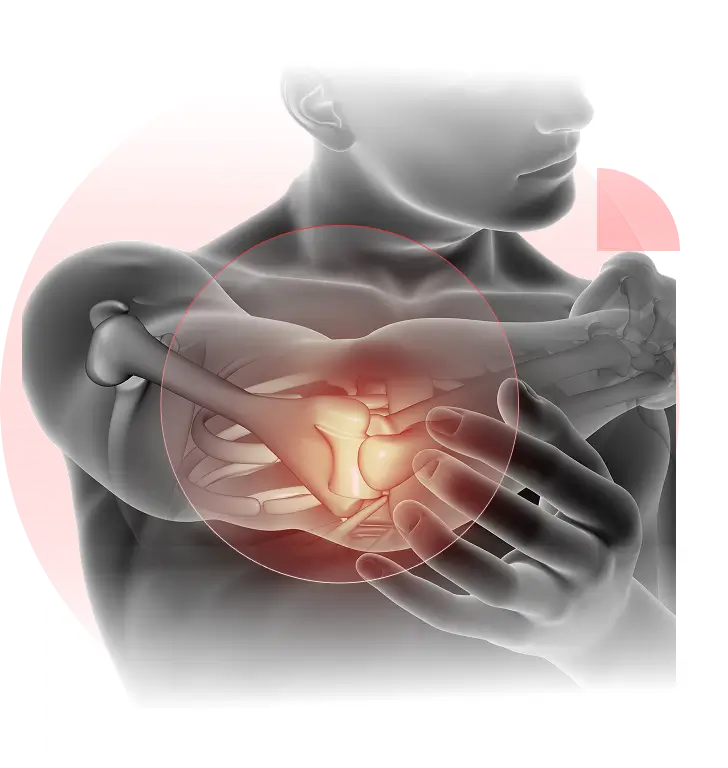Rotator Cuff Tear Specialists in Dallas — Car Accidents, Sports & Falls
Rotator cuff tears often occur after traumatic injuries such as car accidents, slip-and-falls, or sports collisions. These tendons control shoulder stability and lifting. Once torn, they create sharp pain, weakness, and night pain that worsens without care. Early evaluation with imaging is critical to avoid long-term dysfunction. Learn more about Shoulder Pain and Labral Injuries.

Sudden pain after
accident or fall

Targeted Physical Therapy
Fluoroscopy-guided cortisone injection
Platelet-Rich Plasma (PRP)
Arthroscopic debridement/repair
Shoulder arthroplasty for severe, chronic injury
Request Your Same-Day Rotator Cuff Tear Evaluation
Don’t wait in pain — our expert spine specialists are available for same-day evaluations.
Falls, car accidents, and sports collisions often tear the rotator cuff tendons. These tendons stabilize the shoulder; once injured, weakness and pain develop quickly. Learn more on our Shoulder Pain page.
No. Small or partial tears may heal with therapy, cortisone, or PRP. Larger or complete tears often require arthroscopic repair. Visit our Rotator Cuff Tear and Shoulder Arthroscopy.
If pain follows trauma and you can’t lift or rotate your arm normally, see a doctor right away. Early diagnosis prevents worsening tears. Same-/next-day evaluations are available at our Arm & Shoulder Hub.
X-rays help rule out fracture, but MRI provides the best detail for tendon tears and labral damage. Imaging guides whether therapy, injections, or surgery is needed. Learn more on our Shoulder Pain.
Yes. Many partial tears improve with rest, PT, cortisone, or biologics like PRP. Complete tears usually require surgical repair. See Therapies and PRP for non-surgical options.
Prompt evaluation prevents scar tissue, frozen shoulder, and worsening tendon retraction. Early care speeds recovery and reduces the need for major surgery. Learn more about early injury care on our Arm & Shoulder Hub.